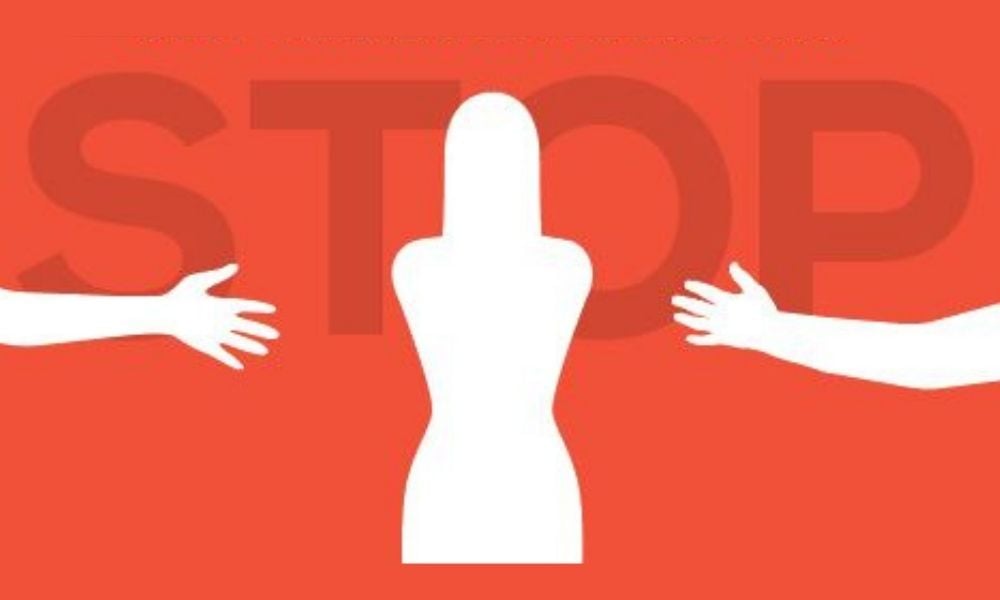'It is truly unacceptable that, in 2021, we still hear stories every day about sexual misconduct in workplaces'

The federal government is investing in artificial intelligence (AI) to try and combat sexual harassment.
The Department of Justice Canada is giving $371,000 over five years to Botler AI for its Pan-Canadian Triage System for Sexual Harassment, Misconduct & Violence project.
The “secure and personalized first response and action guidance system” anonymously sorts sexual misconduct complaints across Canada based on the details of individual situations.
The “web application confidentially asks users trauma-informed questions to capture comprehensive details of the misconduct they have experienced,” says Botler, which then provides the user with a “personalized set of resources and action guidance on a per-case basis, including references to the law and referrals to legal services and information.”
As AI becomes more sophisticated, the options for the workplace are broadening, as seen with a bot that goes through company documents, emails and chat to identify digital bullying and sexual harassment.
The Botler system references appropriate laws at both the federal and provincial or territorial level, based on the location of the incident, allowing victims of sexual harassment to access the legal information they need.
“It is truly unacceptable that, in 2021, we still hear stories every day about sexual misconduct in workplaces right across the country,” says Marc Miller, minister of Indigenous services. “When sexual harassment occurs, it impacts the health and well-being of those involved, as well as their ability to perform their jobs, and creates a negative, environment for all.”
A survey conducted by Employment and Social Development Canada in 2017 found that 94 per cent of those experiencing sexual harassment in the workplace were women. And nearly half (45 per cent) of women experiencing sexual harassment say it happens remotely, according to a report in February.
According to a 2018 Statistics Canada (StatCan) study, 19 per cent of women and 13 per cent of men reported that they had experienced harassment in their workplace. Women were more likely to report sexual harassment in their workplaces.




